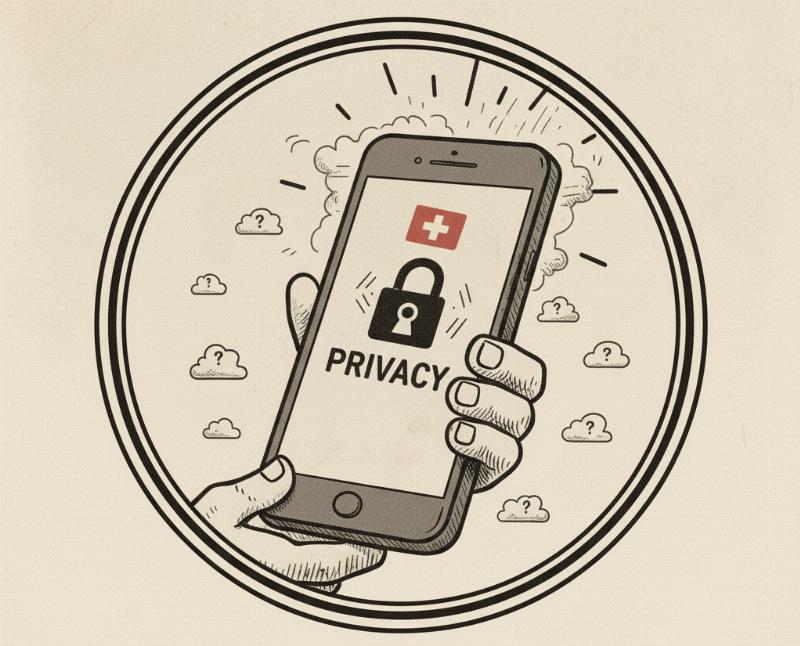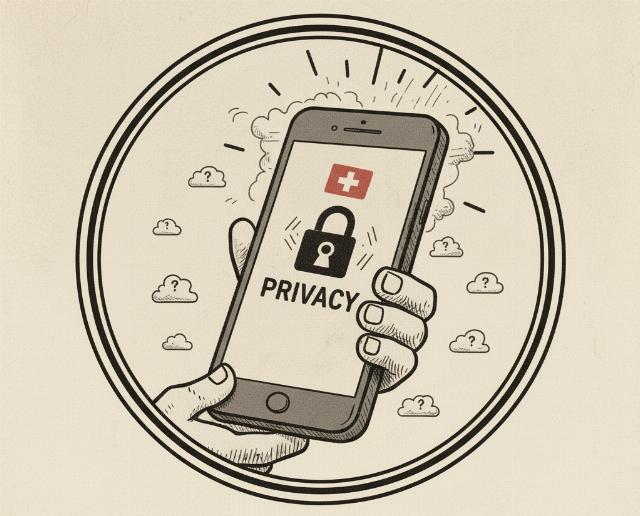


Swiss voters just narrowly approved a voluntary electronic identity system by a razor-thin margin: 50.4% in favor, 49.6% against. Some praise the vote as modernization, but others see it as a warning on digital privacy.
Switzerland’s vote comes after lessons learned from its 2021 referendum, which rejected a similar proposal. The earlier version, critics warned, gave too much control to private companies over issuance and data storage, opening the door to misuse. So this time, Swiss legislators switched to a plan where the e-ID system is completely state-run — not that that makes critics feel any safer. And data will be stored on individual users’ smartphones rather than centralized private or cloud servers.
This plan persuaded enough citizens that digital IDs were worth the risk. If a business or government agency needs to a specific piece of information (such as age or citizenship), they can obtain only that info. They will not get access to all the user’s data.
Still, many Swiss voters remained uneasy: What if the app is hacked, misused, or coerced into sharing data? What happens to people without smartphones? Will “voluntary” become mandatory?
Switzerland’s tradition of privacy is the reason why the vote was so close. Swiss law and culture place a high premium on protecting individuals from surveillance — state or private. Banking secrecy, high expectations for data protection, and wary public attitudes toward e-government strengthened the "no" vote.

Americans should take note. Some states are already experimenting with digital driver’s licenses, and federal agencies and private companies are pushing for online identity verification systems. Yet the U.S. Constitution and case law provide clear guideposts about the sanctity of personal information. The Fourth Amendment protects citizens from unreasonable searches and seizures, and the Supreme Court’s 2018 Carpenter v. United States decision held that accessing cell phone location data without a warrant violates privacy rights. Likewise, in Riley v. California (2014), the Court ruled that police must obtain a warrant to search a cell phone, recognizing that modern devices hold “the privacies of life.” These cases show that even law enforcement’s access to data is tightly constrained.
Any digital ID program in the U.S. should be strictly voluntary, give citizens full control of their data, and be subject to constitutional and statutory safeguards. Data minimization, local storage, and strong oversight are essential. Without these guardrails, identity systems risk undermining the liberties they claim to secure.
Privacy is not a luxury — it is essential. Once identity data becomes fluid, mobile, and centralized, privacy erosion tends to follow: surveillance, profiling, coercion, and loss of autonomy. If a mature democracy like Switzerland struggles to convince its citizens, America should be even more careful.
